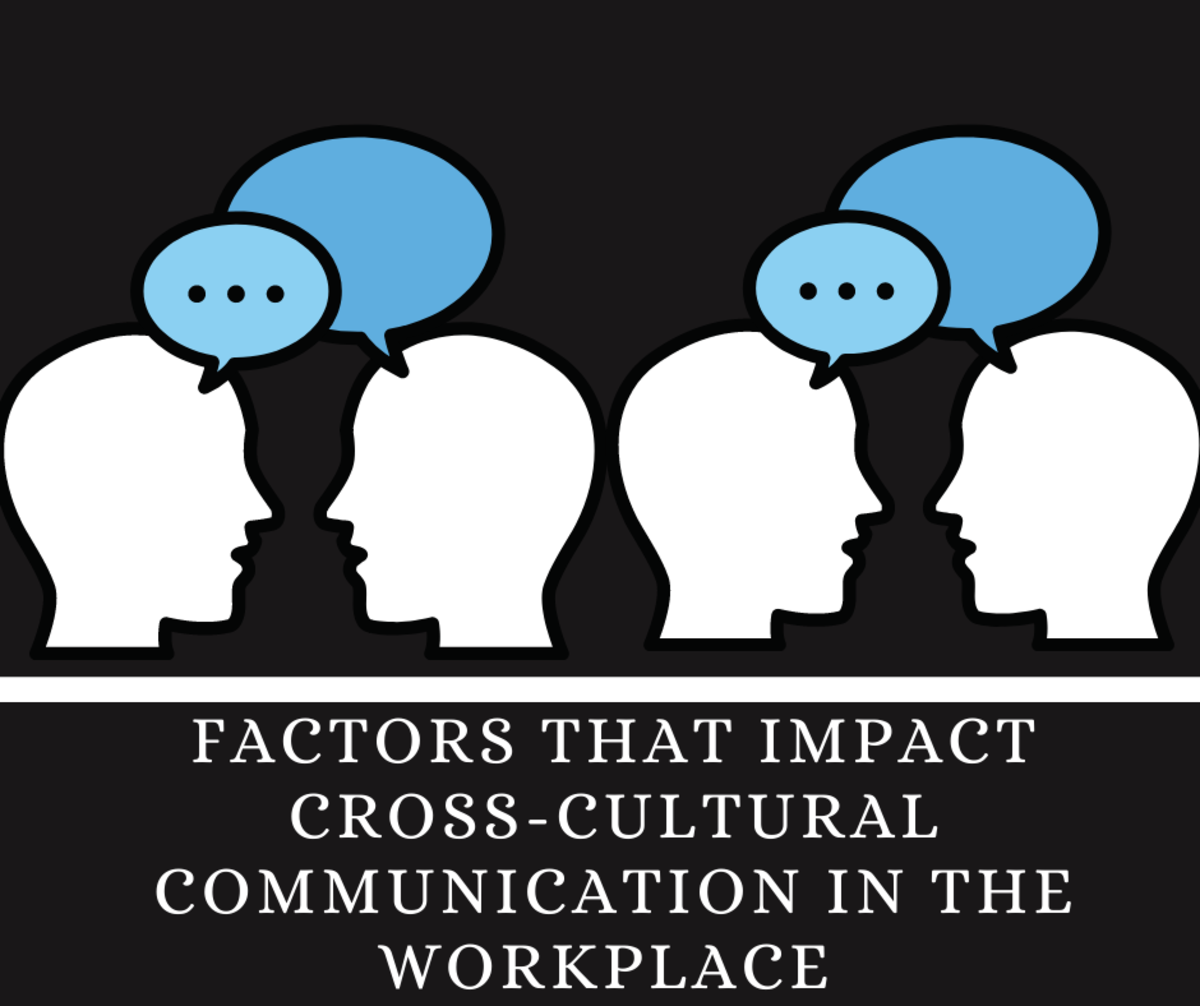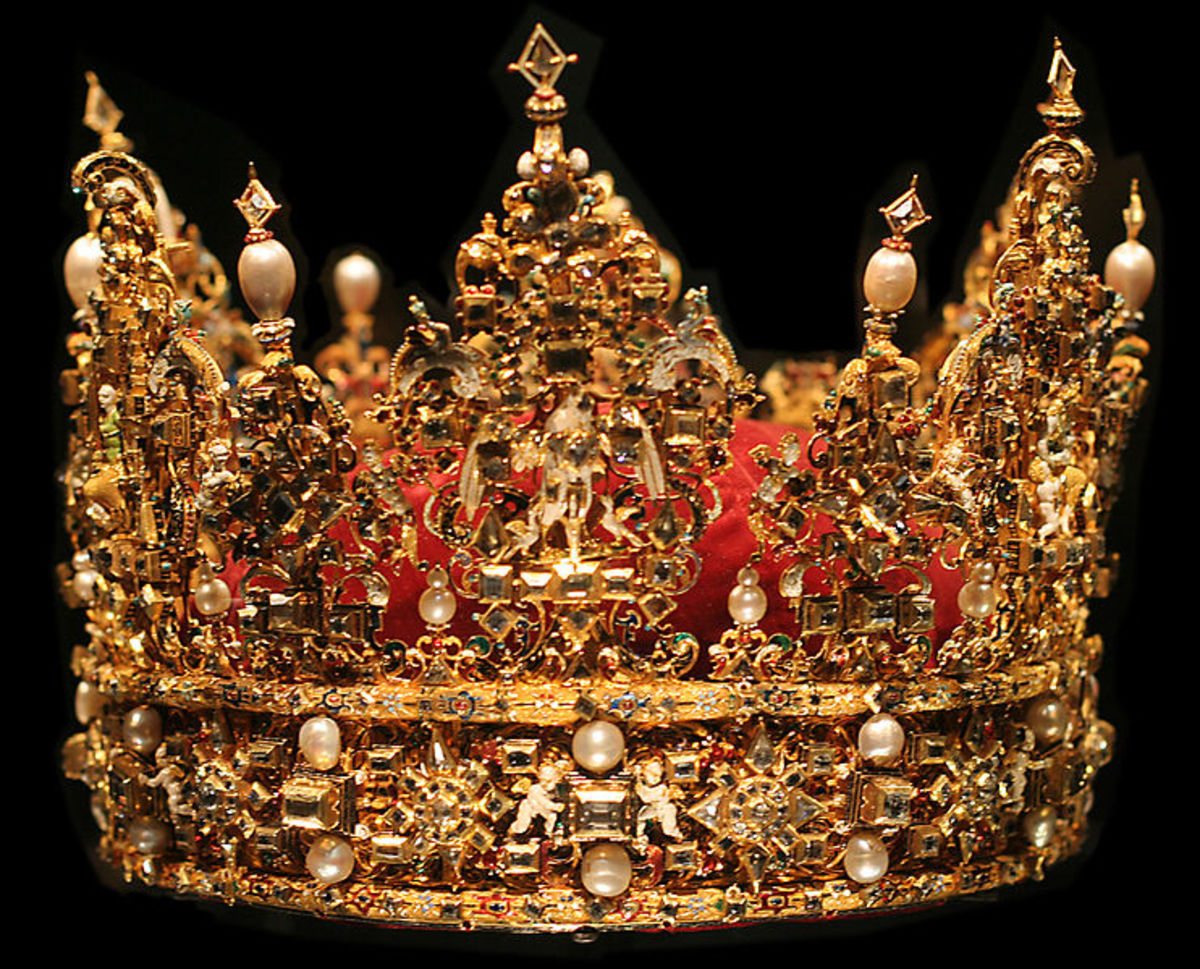Cultural Neuroscience: How Human Brain is Shaped by Cultural Context
Different people from different cultures across the globe have brains that work differently when considering their traits against those of other people if findings from research that compared Chinese and American brains are anything to go by. Individuals in collectivist cultures generally think that they have a very strong connection with people close to them unlike those in cultures that promote individuality.
The cultural setting from where an individual grows up may have a very significant impact on things such as the clothing he/she wears, the food he/she eats and even on the functioning of the brain. The main cultures such as the Collectivist of most Asian nations and the Individualist of the Western societies have an impact on an individual’s brain and behavior. There is a difference between people from the West and those from South East Asia with regard to attention, categorization and reasoning. For instance, a study where volunteers watched fish as they swam indicated that the Japanese volunteers were more likely to recall the contextual details of the image compared to volunteers from the USA. A person’s environment as well as beliefs can significantly shape his or her mental function as the field of cultural neuroscience has revealed. People from East Asian countries have the ability to process information in a global manner unlike those from the West who mostly process information on individual objects. For instance, a study has indicated that Chinese people compared to the Americans, use different sections of the brain in processing numbers when doing math tasks.
A different research found similar results, that there is higher chance of people from collectivist cultures to have a gene which buffers against psychological conditions for instance depression when compared to people in western individualistic cultures.The field of cultural neuroscience provides us an opportunity to understand the extent to which the brain can be changed by beliefs as well as the environment. Still on these two Western individualistic and South East collectivist cultures, further research has found that the latter values submissiveness more compared to the former which values dominance. The researchers concluded that the things which are rewarding to the brain reflect the values of the dominant culture. This cultural variation is due to the differences on how the brain responds to image input. Different cultures may have a different view of the world and this impact on cross-cultural communication. A further study on this subject of neuroscience has revealed that native Chinese nationals, unlike people in the USA are very much sensitive to the object’s setting and therefore concentrate more on that object even when the setting is not consistent. The fact that different cultures see things differently affects how easily various cultures conduct cognitive tasks even if they apply a similar brain circuitry. This could be the reason why people from some cultures appear to be much knowledgeable and skilled at some real-life cognitive challenges compared to others.
A further study has indicated that people from the West for instance America, are more attentive to detail unlike those from Asia who are more attentive to the context. The studies points out that both the participants who were from the Japanese and American cultures used similar sections of the brain to do the test on framed-line. However, they each applied a different brain section when doing a much difficult task, a section that is associated with better attention. The researchers further point that the brain compensates for tasks which people are not usually exposed to by their culture through applying an attention circuit. On the other hand, normal tasks turn out to be automatic without the need for additional concentration of the brain. Another study has shown that individuals from collectivist cultures such as Japan and China have a higher likelihood of having the S- allele gene, which correlates, with having higher chances of depression, anxiety as well as negative feelings. People from these societies have a lower chance of getting depression. This means that the culture of collectivism, which produces minimum levels of depressing effect, might have evolved together with the S-allele. People possessing the S-allele develops a culture of collectivism through focusing on social support and harmony, which helped to minimize levels of stress and depression.
Moreover, persons from collectivist cultures such as those in the South East Asia (Japan) relate more affirmatively to contextual self-descriptions statements unlike those from individualistic societies that relate more affirmatively to general self-descriptions
Significant differences among people emerge when grouped basing on how firmly they value the cultures of individualism and collectivism. The activity in the brain’s medial prefrontal cortex, which is the brain section that is associated with the sense of self, is more active among individualists than collectivists.
In conclusion, there is the need of knowing the psychological as well as behavioral tendencies that are associated to social categories such as language, nationality and ethnicity. This will significantly aid us to understand how brains shape and are shaped by cultures. The field of cultural neuroscience has the potential of providing a much wider understanding between people from various cultural backgrounds.








